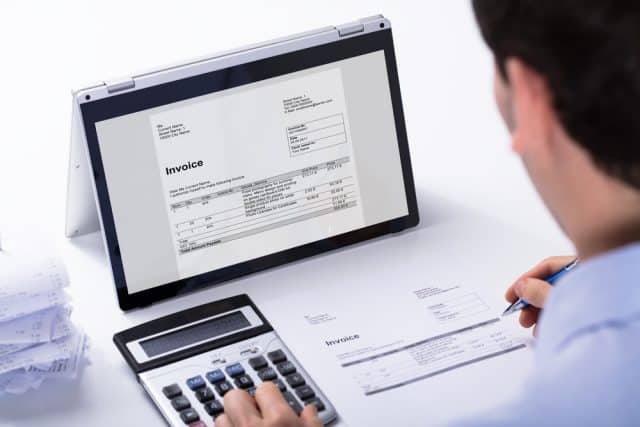Lack of automation leaves businesses open to invoice fraud

New research from Ivalua finds that 31 percent of UK businesses have been the victim of invoice fraud in the past 12 months.
Of these, just 39 percent managed to stop the fraudulent transactions before the money was paid out.
The problem is compounded by a lack of automation. 64 percent say that they haven't automated the processes of matching incoming invoices against orders, contacts, and vendor payment information. More than half (52 percent) say that without automated invoice matching, organizations are 'sitting ducks' when it comes to fraud.
"Invoicing is an area ripe for fraudsters and cybercriminals. They will typically use low-value invoices that look genuine to direct payments into bogus bank accounts," says Stephen Carter, director of payments strategy at Ivalua. "Many of these fake invoices are waved through by employees because they look convincing, and the amounts are often below payment thresholds or lower than the expected value. Organizations also face risks from fraudsters working within the business. This insider threat involves senior employees flipping supplier bank details within payment runs to pocket the cash themselves -- this activity is hard to track, and ripe for exploitation."
Lack of communication between teams is an issue too, 39 percent of procurement leaders say that there is a huge gap in communication between finance and procurement teams. This also leads to delays in payments with 49 percent paying suppliers later than they did a year ago while 50 percent are delaying supplier payments by a month or more. 32 percent struggle to tell whether suppliers have been paid.
"These scams are not the most technologically sophisticated threats, but they’re still happening, so it’s clear better safeguards are needed," adds Carter. "By digitizing processes, organizations can automate invoice matching against orders, contacts, and block vendor information changes -- such as payments or bank details. This allows organizations to segregate duties, remove thresholds and only pay approved suppliers, eliminating the opportunity for fraud."
You can read more on the Ivalua blog.
Image credit: AndreyPopov/depositphotos.com
